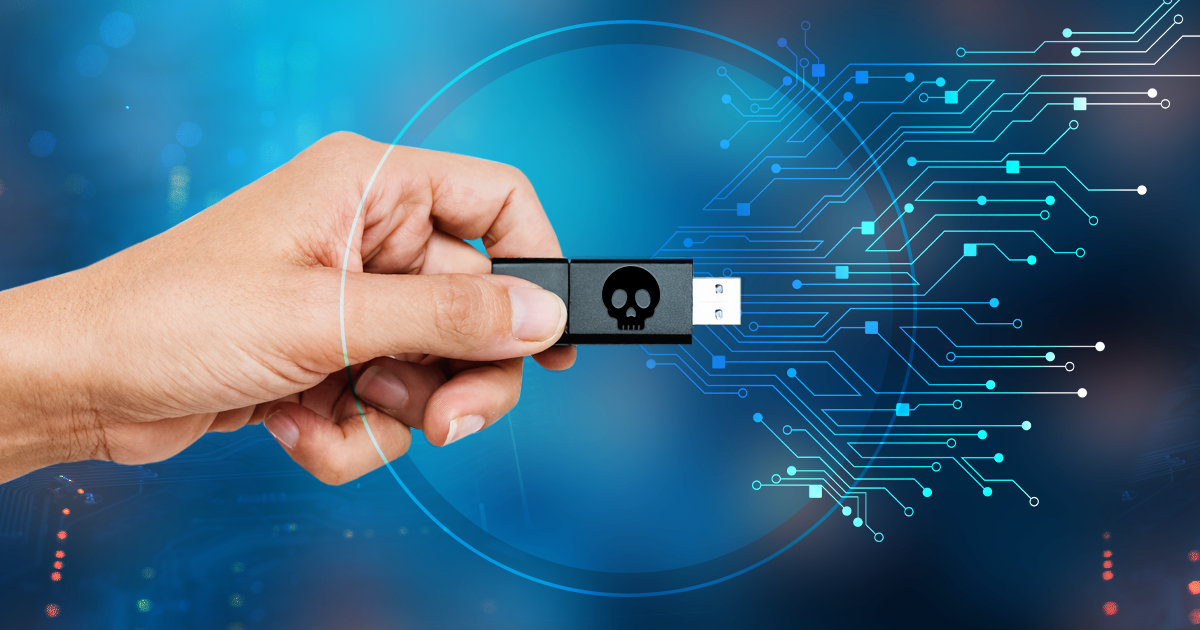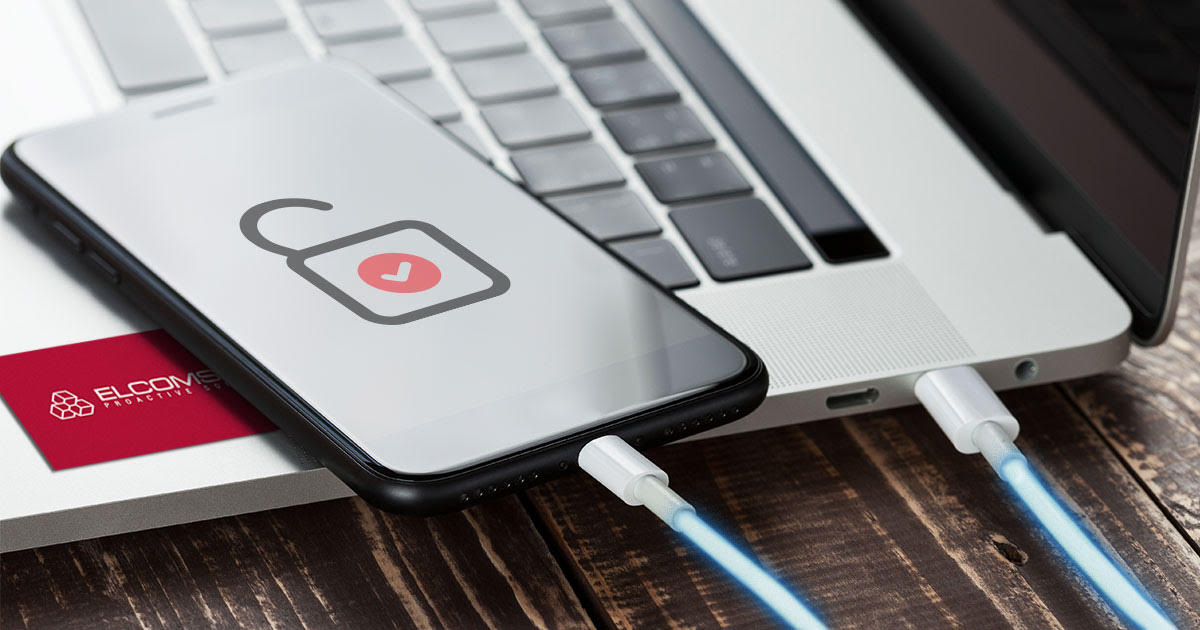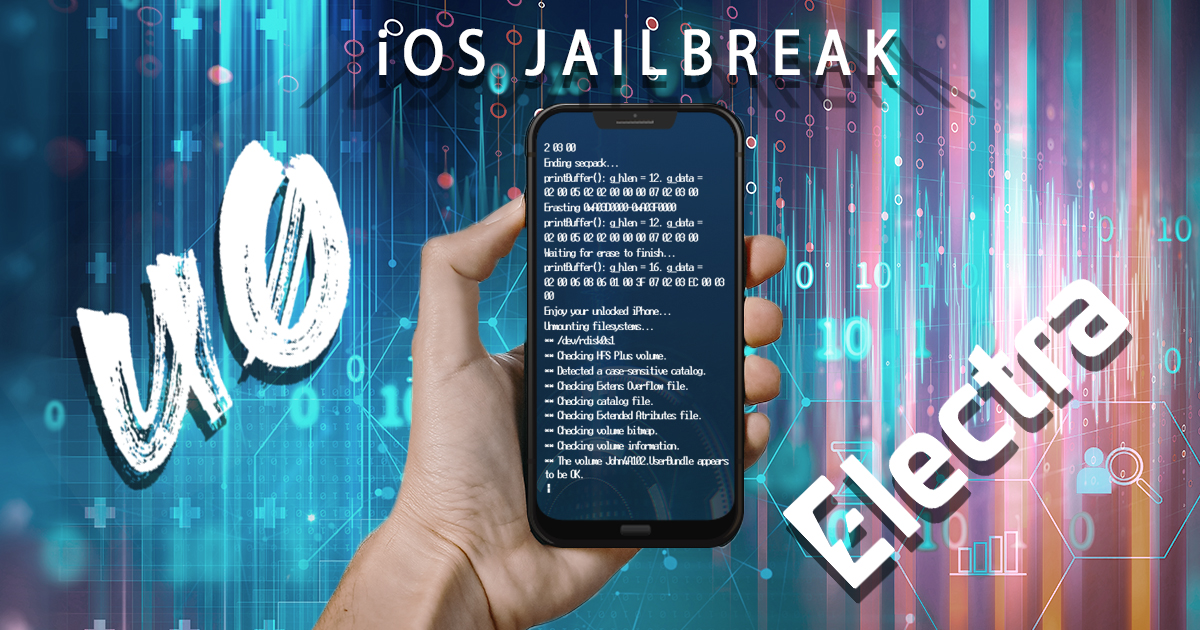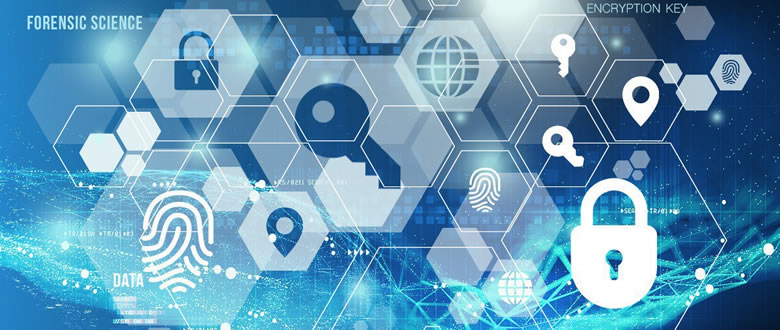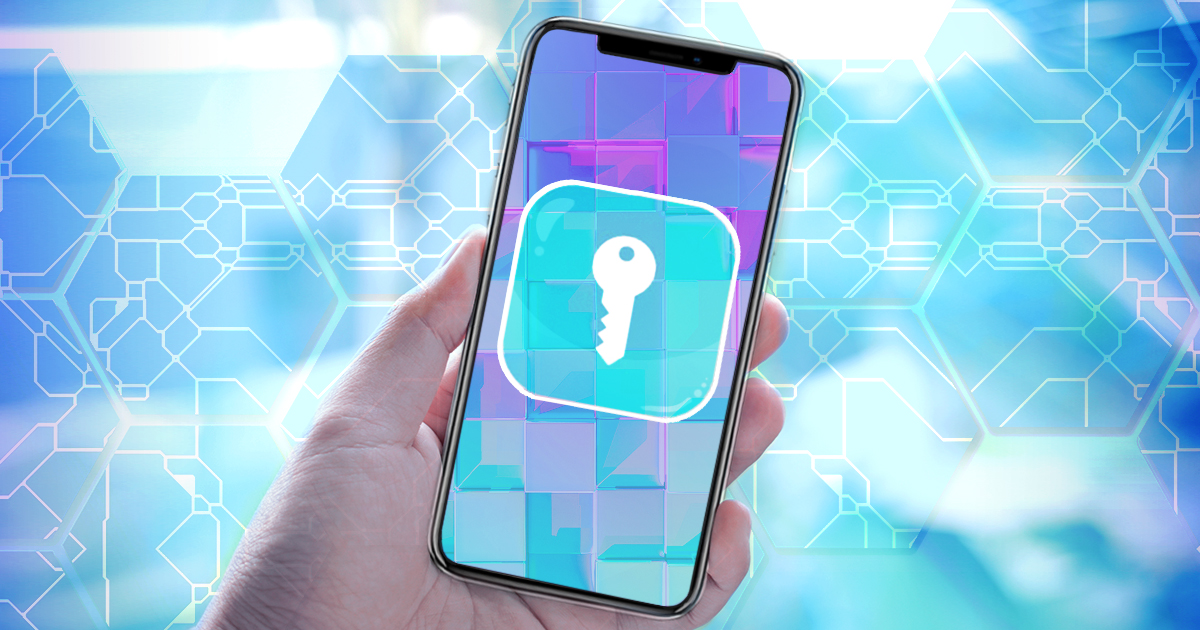June 19th, 2019 by Vladimir Katalov
While the iPhone is Apple’s bread and butter product, is not the only device produced by the company. We’ve got the Mac (in desktop and laptop variations), the complete range of tablets (the iPad line, which is arguably the best tablet range on the market), the music device (HomePod), the wearable (Apple Watch), and the Apple TV. In today’s article, we are going to cover data extraction from Apple TV and Apple Watch. They do contain tons of valuable data, and are often the only source of evidence.
Read the rest of this entry »
